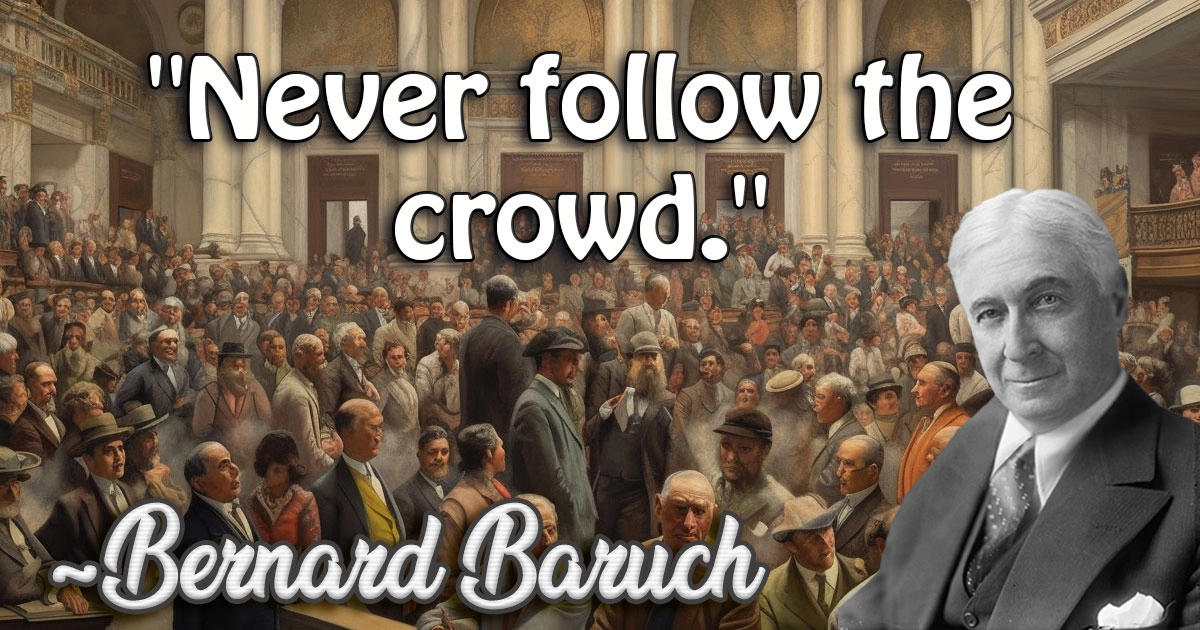Bernard Baruch: The Man Behind the Curtain

Bernard Baruch
Born on August 19, 1870, in Camden, South Carolina, Bernard Mannes Baruch rose from modest beginnings to become one of the most influential figures in American finance and politics. His life story is one of ambition, intellect, and an unwavering dedication to public service.
Baruch's family moved to New York City in 1881, seeking greater opportunities. Excelling academically, Baruch graduated from the City College of New York in 1889. His sharp mind and interest in finance led him to Wall Street, where he began his career as a broker's clerk.

By 1903, Baruch had become a partner at A.A. Housman & Company, and his savvy investments made him a millionaire. Known for his deep understanding of market dynamics, Baruch was a visionary investor who amassed significant wealth through careful and strategic financial decisions.
Baruch's financial success enabled him to shift his focus towards public service. During World War I, President Woodrow Wilson appointed him to the Advisory Commission of the Council of National Defense. In 1918, Baruch became chairman of the War Industries Board, where he oversaw the coordination of the United States' industrial efforts during the war. His leadership ensured the efficient production and distribution of war materials, significantly contributing to the Allied victory.
After the war, Baruch continued to play a vital role in national affairs. He was an advisor to several U.S. presidents, including Franklin D. Roosevelt, and his expertise was sought in matters of economic policy and national security. During World War II, Baruch served as a special advisor on war mobilization, once again helping to steer the nation's industrial efforts in support of the war.

Baruch was also a proponent of international cooperation and peace. In 1946, he presented the Baruch Plan to the United Nations, advocating for international control over atomic energy to prevent nuclear proliferation. Although the plan was not adopted, it underscored Baruch's commitment to global security and his forward-thinking approach to international diplomacy.
Despite his immense influence, Baruch remained a private individual who preferred to work behind the scenes. He spent his later years writing and reflecting on his experiences, sharing his insights through books and lectures. His wisdom and foresight earned him the respect of both his contemporaries and future generations.
Bernard Baruch passed away on June 20, 1965, leaving behind a legacy of financial acumen, public service, and a profound impact on American and global affairs. His life story serves as an inspiring example of how one individual's intellect and dedication can shape the course of history.


